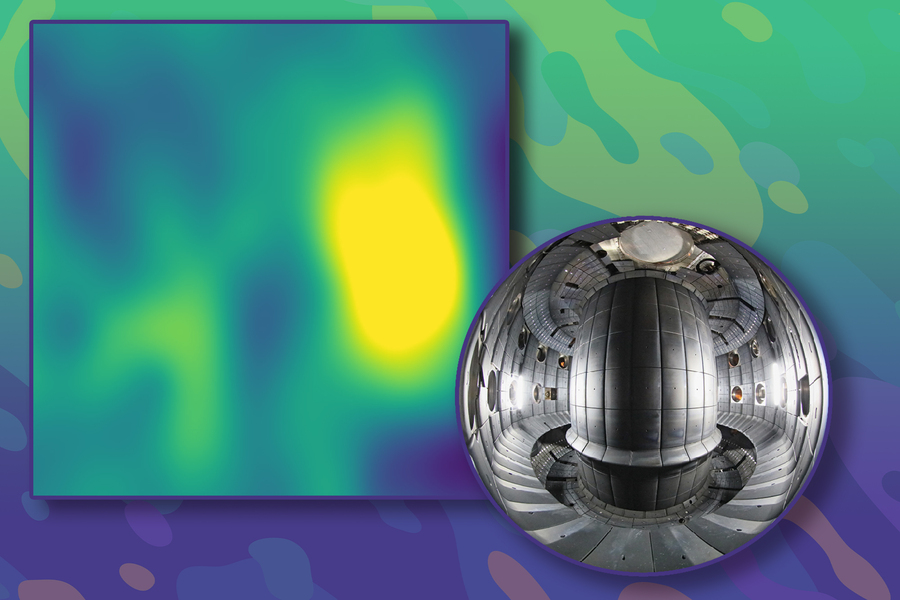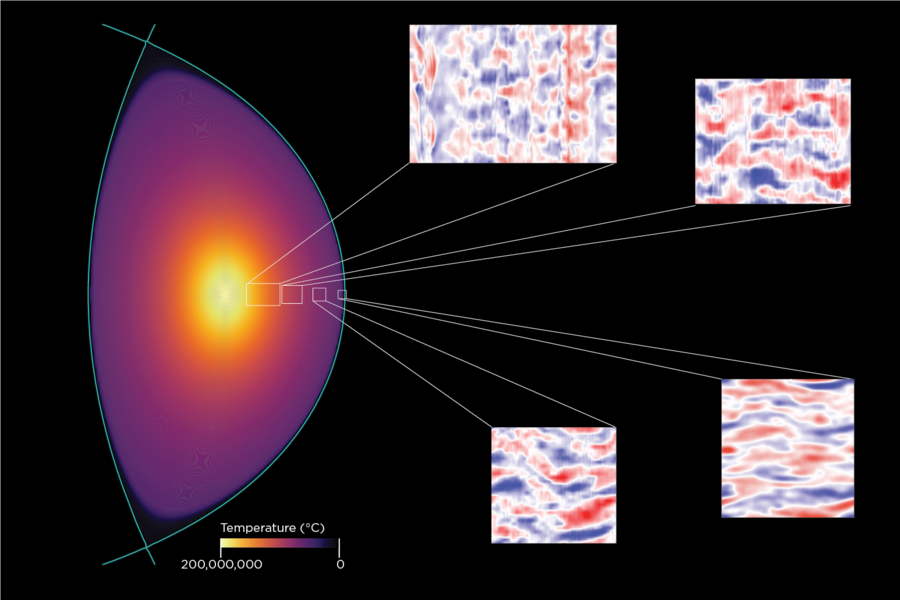搜索结果: 1-10 共查到“物理学 E-learning”相关记录10条 . 查询时间(0.236 秒)



Machine learning, harnessed to extreme computing, aids fusion energy development(图)
机器学习 极限计算 聚变能源开发
2023/6/21
2014年国际物理教学/学习会议(International Conference on Teaching/Learning Physics)
2014年 国 际 物 理 教 学 学 习 会 议 International Conference on Teaching Learning Physics
2013/10/30
We warmly invite you to participate in the GIREP-MPTL International Conference on Teaching/Learning Physics: Integrating Research into Practice to be held on July 7-12, 2014 at University of Palermo, ...
Fast supersymmetry phenomenology at the Large Hadron Collider using machine learning techniques
Hadron Collider using machine Fast supersymmetry phenomenology
2011/9/15
A pressing problem for supersymmetry (SUSY) phenomenologists is how to incorporate Large Hadron Collider search results into parameter fits designed to measure or constrain the SUSY parameters. Owing ...
We study a complementarity game as a systematic tool for the investigation of the interplay between individual optimization and population effects and for the comparison of different strategy and lea...
Competing with oneself: Introducing self-interaction in a model of competitive learning
Introducing self-interaction competitive learning phase diagrams
2010/4/1
A competitive learning model was introduced in Ref. 1 (A. Mehta and J. M. Luck, Phys. Rev. E 60, 5, 1999), in which the learning is outcome-related. Every individual chooses between a pair of existing...
Supervised and Unsupervised Learning of Multidimensional Acoustic Categories
auditory categories supervised learning unsupervised learning nonspeech
2014/5/7
Learning to recognize the contrasts of a language-specific phonemic repertoire can be viewed as forming categories in a multidimensional psychophysical space. Research on the learning of distributiona...
Learning the magnetic ropes
magnetic ropes flux rope
2006/11/17
Neural Classifiers for Learning Higher-Order Correlations
Neural Classifiers Higher-Order Correlations
2010/4/16
Studies by various authors suggest that higher-order networks can be more powerful and are biologically more plausible with respect to the more traditional multilayer networks. These architectures mak...


